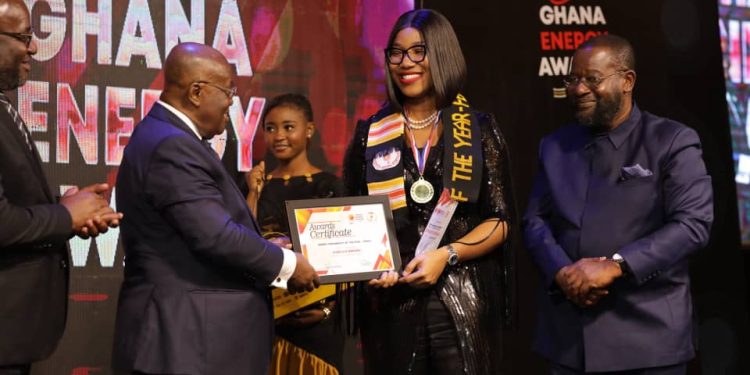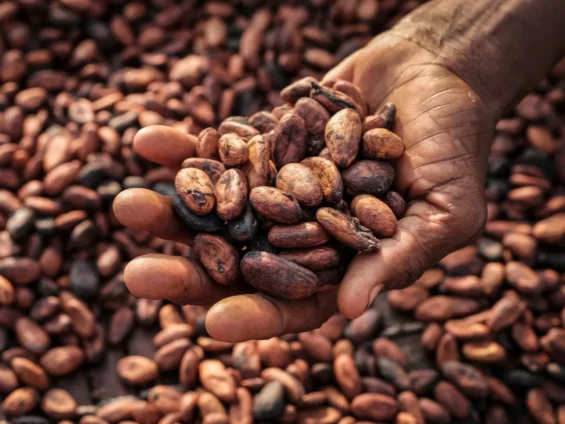|
Getting your Trinity Audio player ready...
|
The government is targeting an end-period inflation of 31.3% in 2023.
However, it expects inflation to slow down to 15.0% at the end of 2024.
It believes inflation would be within the target band of 8±2% between 2024 and 2027.
Presenting the 2024 Budget in Parliament, Finance Minister, Ken Ofori-Atta, said prices have steadily trended downwards since the start of 2023.
From the peak of 54.1% in December 2022, headline inflation has declined to 35.2% in September 2023 on the back of a tight monetary policy stance, exchange rate stability and favourable base drifts.
Again, the decline, the Finance Minister said, has been broad-based with both non-food and food inflation easing.
Food inflation has dropped to 44.8% in September 2023 from 59.7% December 2022, and non-food inflation has dropped by 22.2 percentage points to 27.7% from 49.9% over the same comparative period.
October 2023 inflation drops to 35.2%
The year-on-year inflation for the month of October 2023 fell to 35.2% from the 38.1% recorded in September 2023.
Data from the Ghana Statistical Service (GSS) showed that the decrease in the general inflation rate was attributed to the marginal drop in food inflation.
Food inflation in the period was 44.8%, while non-food inflation was 27.7%
In addition, inflation for locally produced item was 34.4% while imported items stood at 34.4% from 37.4% in last month.
4 divisions recorded inflation rates higher than national average
Four divisions record inflation rates higher than the national average (35.2%).
This was led Alcoholic Beverage, Tobacco and Narcotics (45.7%); Personal Care, Social Protection and Miscellaneous Goods and Services (45.0%); Food and Non-Alcoholic Beverages (44.8%) and Furnishings, Household Equipment and Routine Household (40.9%).
Source: www.myjoyonline.com





